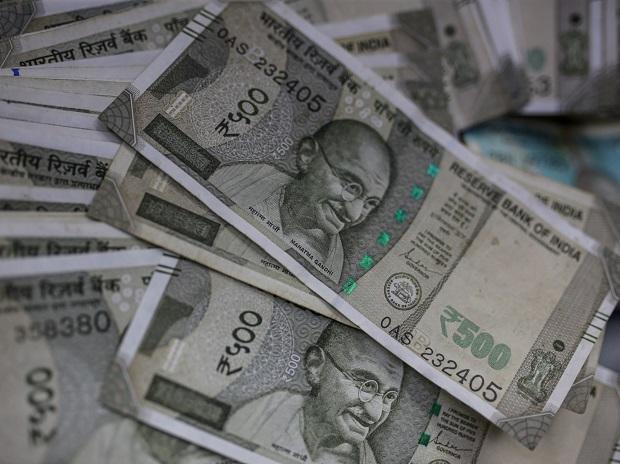[ad_1]
At a time when its foreign exchange reserves have witnessed a rapid decline, the Reserve Bank of India (RBI) is said to have stepped up interventions in the forwards segment of the currency market, which has caused the dollar/rupee forward premium to fall to 11-year lows, traders said.
The RBI has been intervening in the foreign exchange market through dollar sales to prevent excessive volatility in the rupee amid a strengthening US dollar. The rupee has depreciated 9.7 per cent versus the dollar, so far, in 2022.
According to the latest data, the RBI’s net outstanding forward purchases of the US dollar reduced by $1.9 billion in August to $20.2 billion. The forward purchases were at $65.8 billion at the end of the previous financial year. The data also showed that the RBI net sold $4.3 billion in the spot market in August versus $19 billion in July.
The forward premium rate represents the interest rate differential between the Indian and US bonds. The rate differential has been narrowing as the pace of the Federal Reserve’s rate hikes has outstripped those of the RBI.
“Currently, the one-year forward premium is near the October 2011 lows; it’s around 2.47 per cent over spot. With the Fed on a path of faster hikes and the RBI intervening, there is scope for further compression in the forwards in the coming weeks,” said Anindya Banerjee, V-P, currency derivatives & interest rate derivatives at Kotak Securities.
Over the past few days, the central bank is said to have been conducting buy-sell swaps in the foreign exchange market. Under these transactions, it is buying dollars for now and then selling them for delivery in the months ahead, dealers said. The sale of dollars in the forwards market brings down the forward premium.
On Monday, the one-year annualised dollar/rupee premium plunged to the lowest level since October 2011, touching an intraday low of 2.47 per cent and settling at 2.50 per cent. On September 30, the rate was at 2.83 per cent. It was at 4.65 per cent on December 31, 2021.

The RBI is said to have accelerated interventions in the forwards segment of the foreign exchange market, rather than the spot market, over the past few days in a bid to prevent quick declines in the level of the headline foreign exchange reserves.
“We can see a move towards 2 per cent (for the one-year forward premium) if the Fed continues to be hawkish until December. Optically, this saves the headline reserves. The RBI has got a net long on the forward book. This helps the RBI to liquidate that,” he said.
According to traders, by selling dollars in the forwards market, the RBI is making it less attractive for banks to purchase the US currency in the local spot market and offload them offshore. “The RBI has been intervening in forwards to deter domestic banks from doing arbitrage between offshore and onshore. It has been sterilising its spot dollar sales through buy-sell swaps to avoid sucking out liquidity from the banking system, which is already teetering on the brink of a deficit,” said IFA Global’s CEO Abhishek Goenka.
With the US Federal Reserve seen continuing to raise interest rates at an aggressive pace, currency analysts said there was a possibility of the RBI continuing to target its interventions in the forwards segment to protect the headline reserves.
As on October 7, the foreign exchange reserves were at $532.87 billion, far lower than $631.53 billion as on February 25, a day after Russia invaded Ukraine. While the RBI has been selling dollars to protect the rupee from global volatility, a large part of the fall in reserves since April was because of revaluation, the central bank said.
“Swapping dollar sales forward prevents a drawdown of the headline FX reserves number, which the market tracks closely,” Goenka said.
The current level of reserves is equivalent to 8.7 months of imports projected for the current financial year, the RBI said on Monday. In September 2021, the RBI’s reserves accounted for almost 15 months of imports.
[ad_2]
Source link



